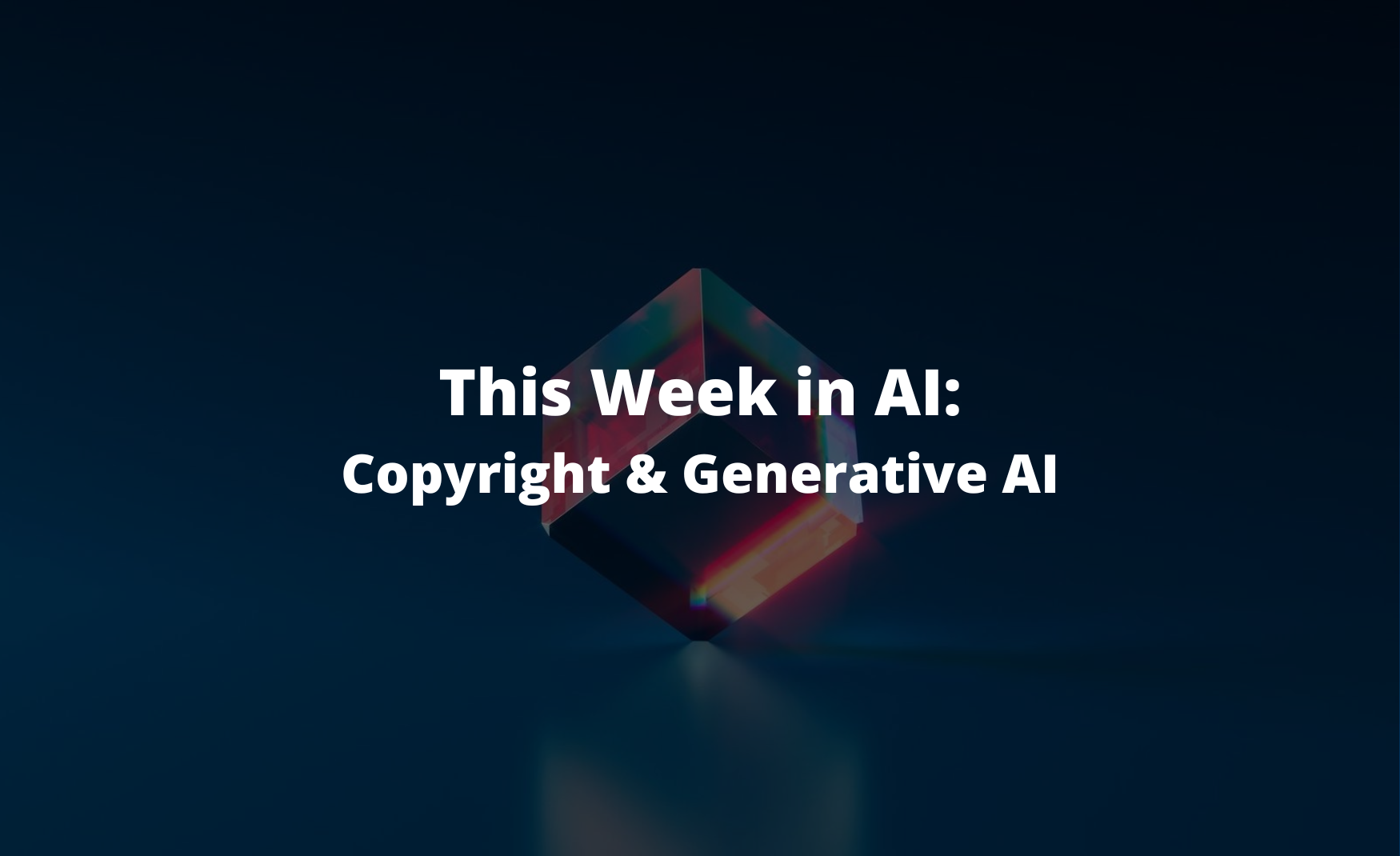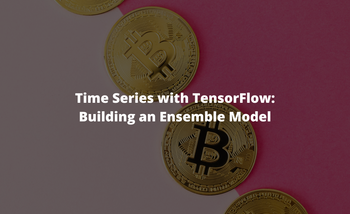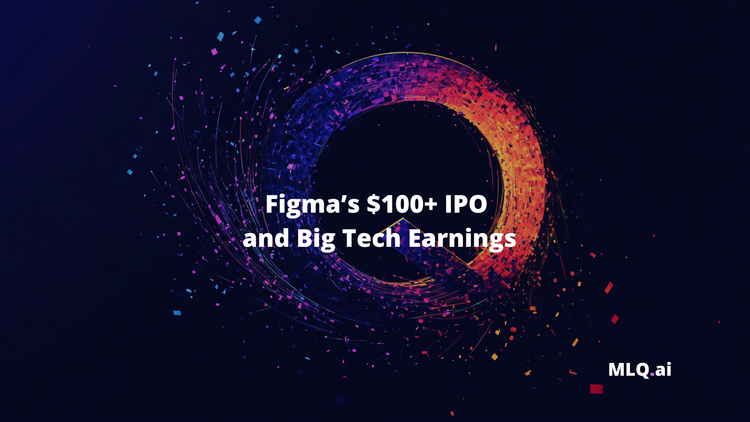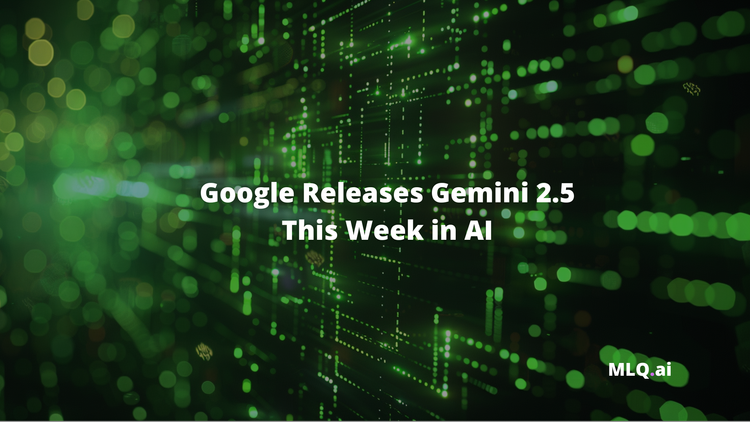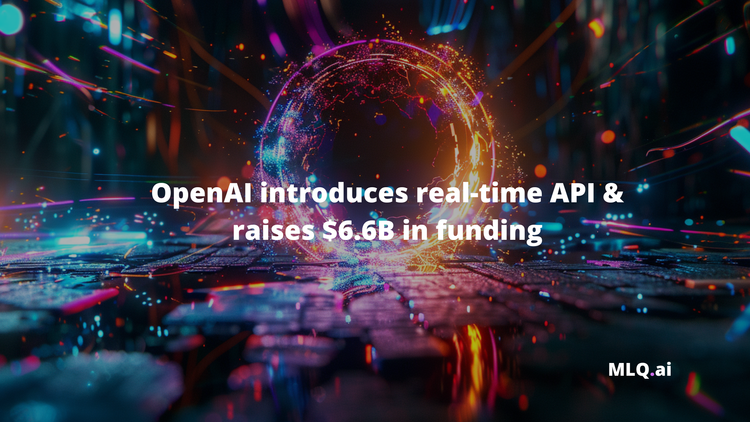Welcome to our This Week in AI roundup - this week we have stories about the implications of copyright infringement and generative AI, specifically image generators like DALLE-2 and Stable Diffusion.
💎 Top Stories
Copyright Infringement & Generative AI
The University of Maryland and New York University researchers conducted a non-peer-reviewed study to examine the potential for intellectual property infringements caused by text-to-image generators, such as OpenAI's DALL·E 2
Experiments indicated that the model "copied" from the training data 1.88% of the time, and it is virtually impossible to verify that an AI-generated image is original and not stolen from the training set
Images produced by these diffusion models may be replicas of the model's training data, which is typically images scraped from the web.
It's "virtually impossible" to verify that an image created with Stable Diffusion is original and "not stolen from the training set".
The findings corroborate existing worries of copyright infringements in the world of generative AI, and the researcher warned that...
...artists and content creators should absolutely be alarmed.
Read the full story

AI Image Generators are Creating Copyright Confusion
As PetaPixel highlights, Adobe and Shutterstock have both announced official support for images created using AI, allowing artists to make a living from these images.
Despite this initial support about AI-generated art...
The law has yet to catch up to the rapidly advancing technology.
The copyright office has also rescinded a copyright registration of an AI-based work, showing its reluctance to grant registrations without substantial human involvement.
Adobe Stock noted they weren't able to weigh in on the ownership rights of AI-generated content. Going forward, photographers may need to include clauses in their contracts to cover the license to use photos to train generative AI.
Answers to these questions will take years and many questions remain unanswered.
Read the full story

🚀 From the Blog
What is a Large Language Model?
In this guide, we'll discuss everything you need to know about Large Language Models (LLMs), including key terms, algorithms, fine-tuning, and more.
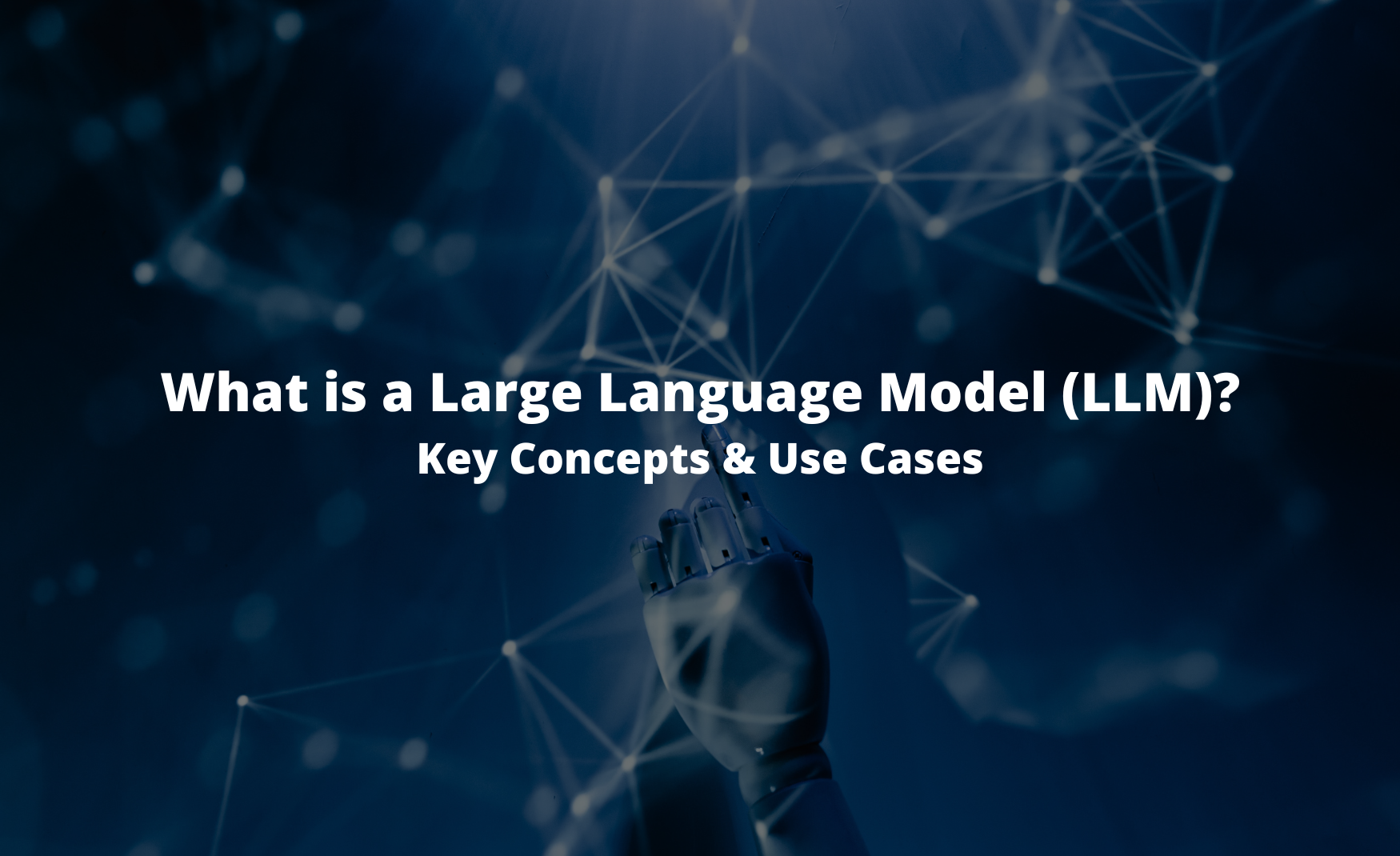
Introduction to Deep Learning with PyTorch
Developed as an open source project by the Facebook AI team, PyTorch was released in 2017 and has been making a big impact in the deep learning community.
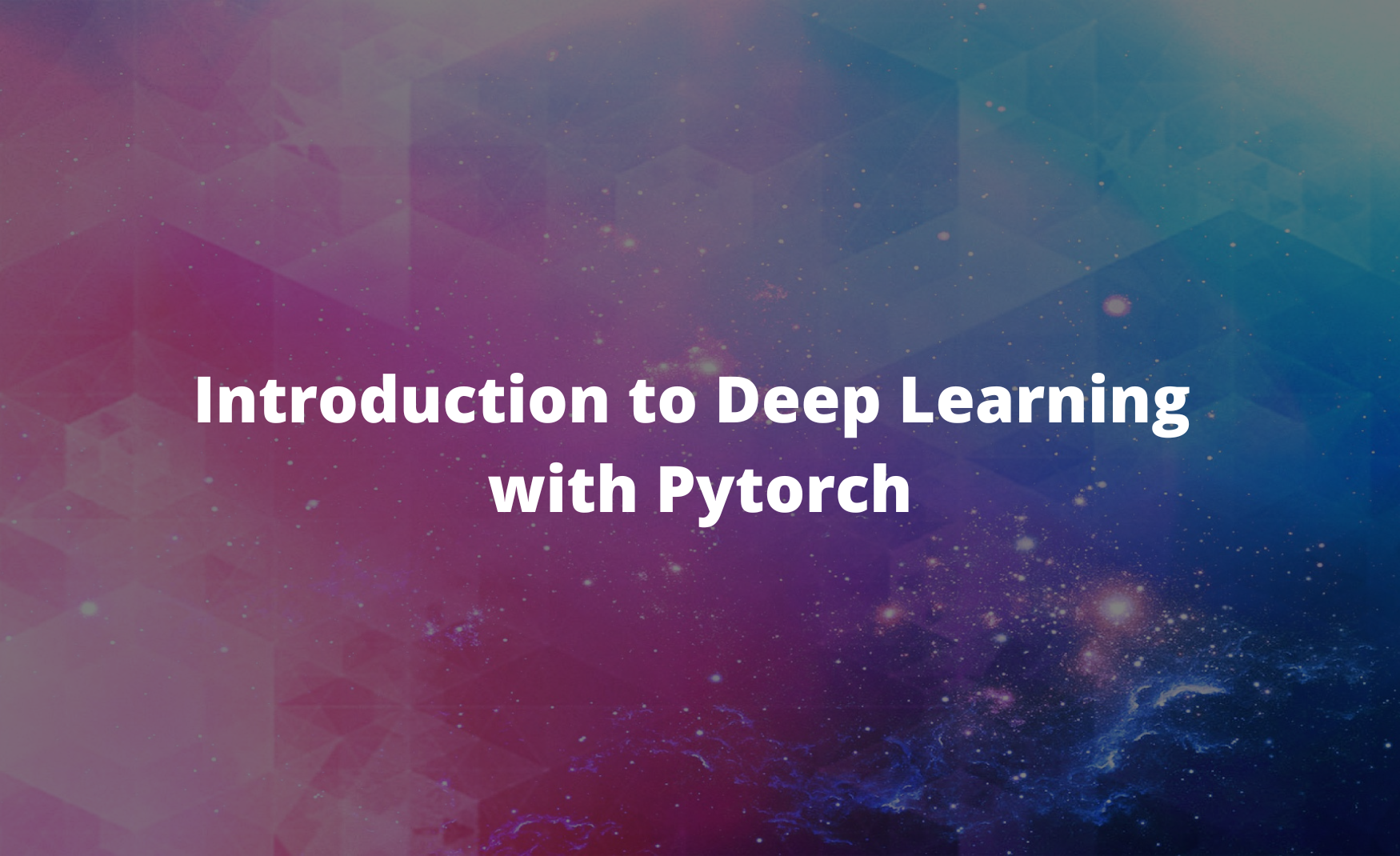
What are Generative Adversarial Networks (GANs)?
The idea of GANs is that we have two neural networks, a generator and a discriminator, which learn from each other to generate realistic samples from data.
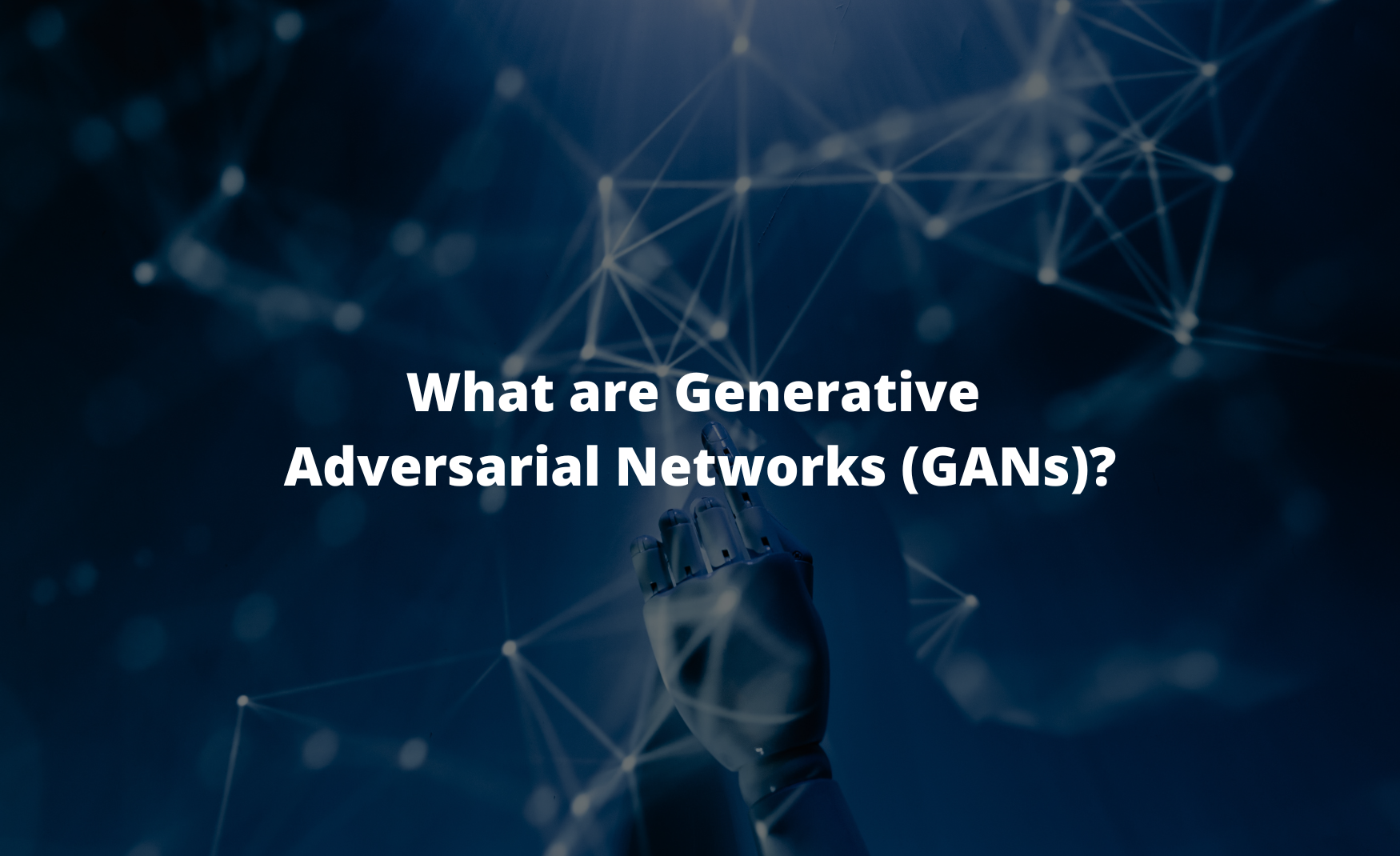
That's it for this edition of This Week in AI, if you were forwarded this newsletter and would like to receive it you can sign up here.

